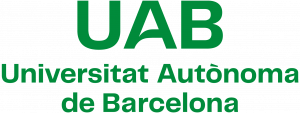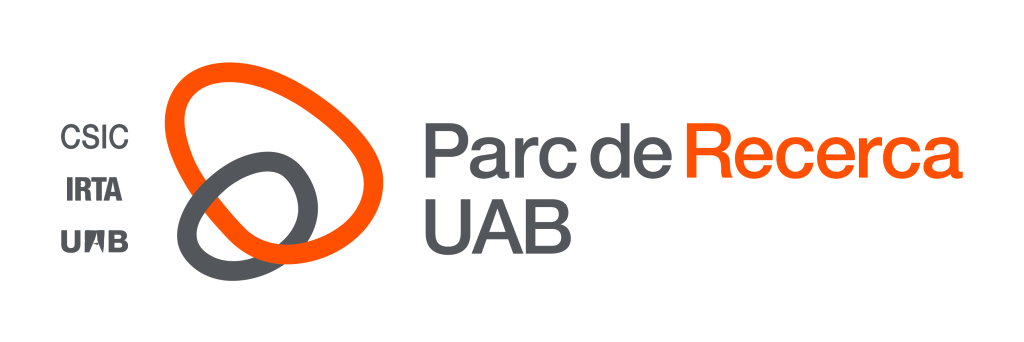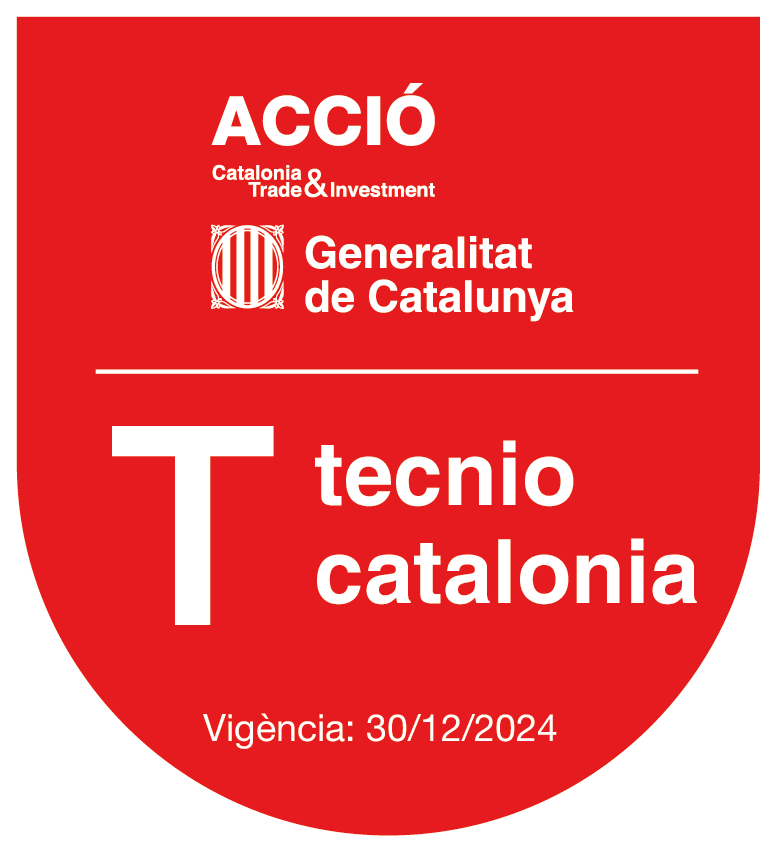El grupo está compuesto por profesores, investigadores doctores, investigadores en formación, técnicos de apoyo a la investigación y de laboratorio.
Los investigadores del SNIBA, de reconocido prestigio nacional e internacional, son expertos en el campo de la nutrición, el manejo y el bienestar animal.



















